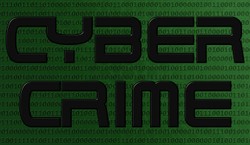Detectives often create a phony account so that they can “friend” a suspected criminal. Then they read the suspect's posts. Is he hinting about crimes being planned? Is he bragging about getting away with past crimes?
Although Facebook policy officially frowns upon creating fake identities, exceptions are made.
In 2009, a member of The New Dons gang in New York proudly said, "We got our own page. Our page is private." Well, maybe not.
The FBI has gotten search warrants to enable them to look at private Facebook details of defendants awaiting trial. In some cases, the suspect may still be updating the Facebook page from jail!
FBI agents have found evidence by scrutinizing photos on social media sites, looking for jewelry or guns that might have relevance to a robbery. Some crooks have even posted Youtube videos of their crimes!
Training to become a Certified Computer Examiner will definitely involve more techniques for scanning, monitoring, and mining the internet for evidence, as criminals increasingly leave their clues on social media to be discovered by the experts. Digital forensics jobs involve keeping up with all the latest trends in mining the digital evidence that's out there on social media.








 Would you be the perfect fit for a work-at-home phone job?on 07/08/2013
Would you be the perfect fit for a work-at-home phone job?on 07/08/2013




Comments
I must say I'm amazed at some of the details regular law abiding people post online, it's crazy. I guess criminals feel the law doesn't check social sites out for evidence and yet that is stupid. Very interesting article I enjoyed reading. :)K
Stupid criminals! But I guess their egos get in the way of their brains. I enjoyed reading this article.